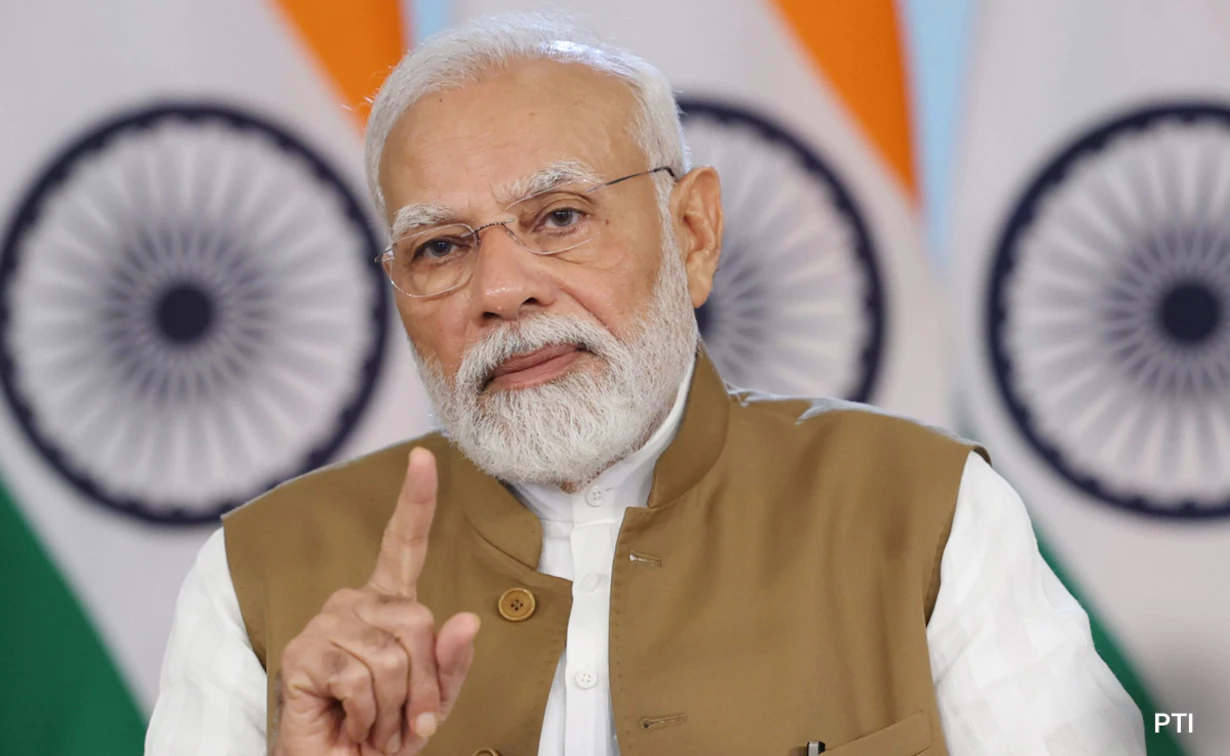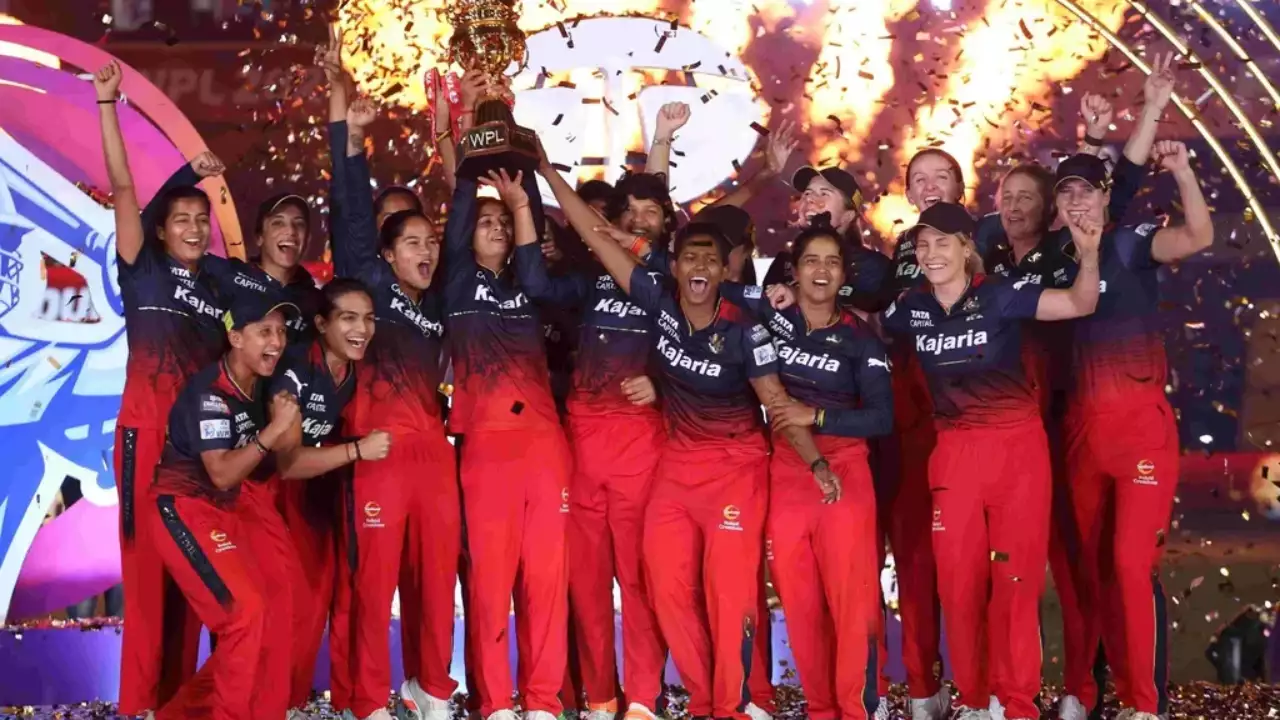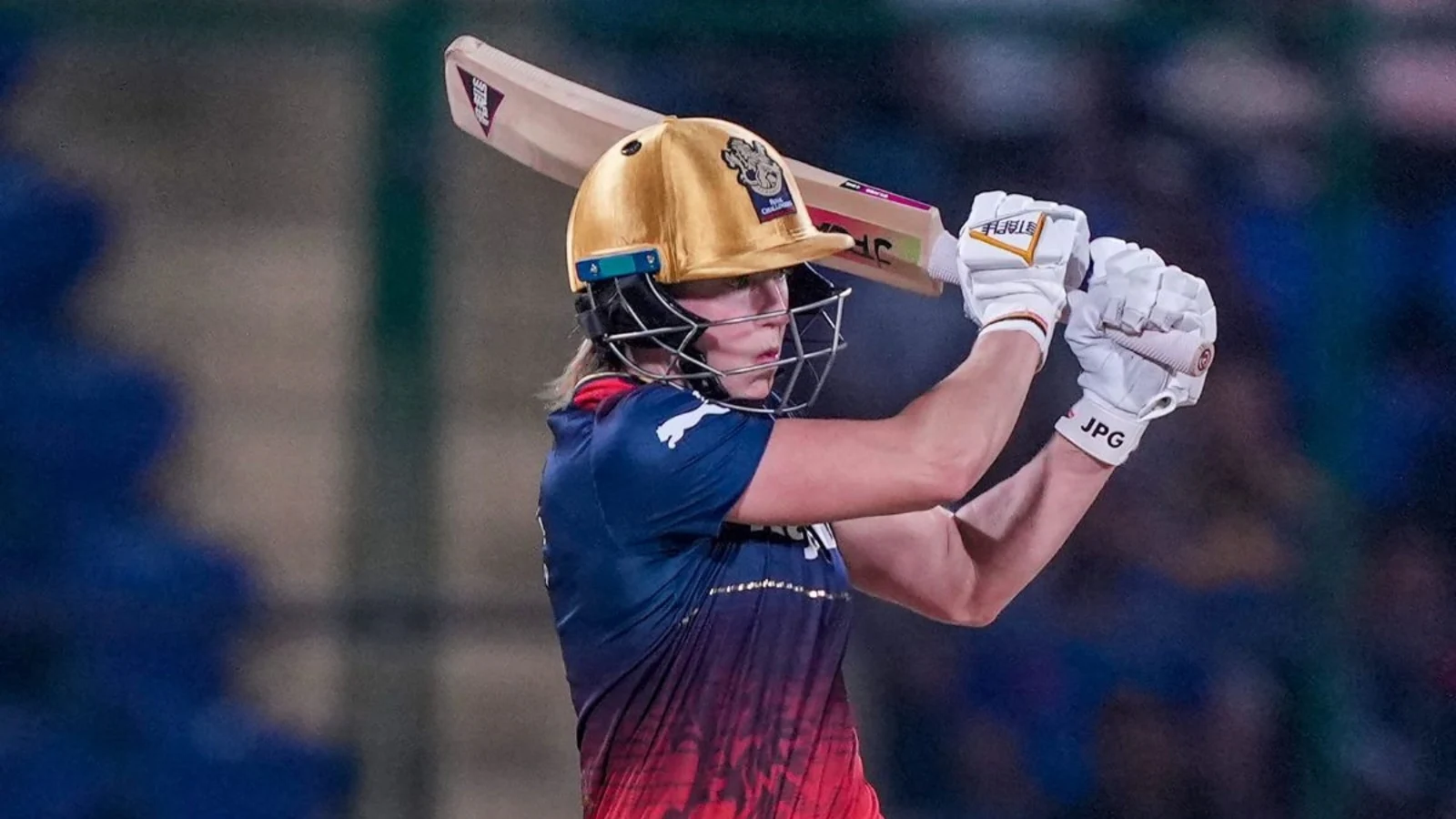Prime Minister Narendra Modi responded to Rahul Gandhi’s remarks on “shakti” by stating, “I accept the challenge.” In a rally in Telangana’s Jagtial, Modi emphasized that every mother, daughter, and sister in the country represents a form of ‘shakti.’ He expressed his reverence for them and stated that he worships Bharat Mata as ‘shakti.’ Modi addressed the issue raised by the INDI alliance’s manifesto, which targeted ‘shakti.’ He asserted his commitment to defending ‘shakti’ and embraced the challenge presented by the opposition.
During his speech, Modi also referenced the Chandrayaan-3 mission, highlighting the significance of ‘shakti’ in the country’s achievements. He contrasted the opposition’s alleged agenda to undermine ‘shakti’ with the government’s efforts to celebrate and uphold it. Modi underscored the importance of ‘shakti’ in Hinduism, associating it with strength and vitality. He emphasized the need to protect and honor ‘shakti’ in all its forms, including the symbolic representation in the Chandrayaan-3 mission.
Rahul Gandhi’s remarks on ‘shakti’ at the Bharat Jodo Nyay Yatra closing ceremony sparked controversy. He accused the NDA regime of embodying ‘shakti’ and declared the opposition’s fight against it. Gandhi’s comments drew criticism from BJP leaders, including Amit Malviya, who accused him of being Hinduphobic and misogynistic. Malviya highlighted the significance of ‘shakti’ in Hinduism, particularly its association with Maa Durga, and condemned Gandhi’s remarks as disrespectful.
The debate surrounding ‘shakti’ reflects broader political tensions between the ruling party and the opposition. Both sides seek to leverage cultural and religious symbols to mobilize support and undermine their opponents. Modi’s response to Gandhi’s remarks underscores the importance of ‘shakti’ as a unifying force in Indian society and emphasizes the government’s commitment to protecting it.
In Hinduism, ‘shakti’ is revered as the divine feminine energy responsible for creation, sustenance, and destruction. It is embodied in various goddesses such as Durga, Parvati, and Kali, symbolizing different aspects of power and strength. ‘Shakti’ is also associated with empowerment, particularly of women, and is integral to Hindu religious practices and beliefs.
The political discourse surrounding ‘shakti’ reflects broader debates about cultural identity and nationalism in India. Both the ruling party and the opposition seek to appeal to Hindu sentiments by invoking symbols such as ‘shakti’ to mobilize support and discredit their opponents. Modi’s response to Gandhi’s remarks underscores the government’s commitment to upholding Hindu values and protecting the country’s cultural heritage.
The controversy surrounding Rahul Gandhi’s remarks highlights the complexities of identity politics in India. While ‘shakti’ is a deeply revered concept in Hinduism, its appropriation for political purposes can be divisive and contentious. Both the ruling party and the opposition must navigate these sensitivities carefully to avoid inflaming tensions and undermining social cohesion.
In conclusion, Prime Minister Narendra Modi’s response to Rahul Gandhi’s remarks on ‘shakti’ reflects the broader political dynamics in India. The debate surrounding the concept underscores the importance of cultural symbols in shaping political discourse and mobilizing support. As the country grapples with complex issues of identity and nationalism, politicians must tread carefully to avoid exacerbating tensions and undermining social harmony.





